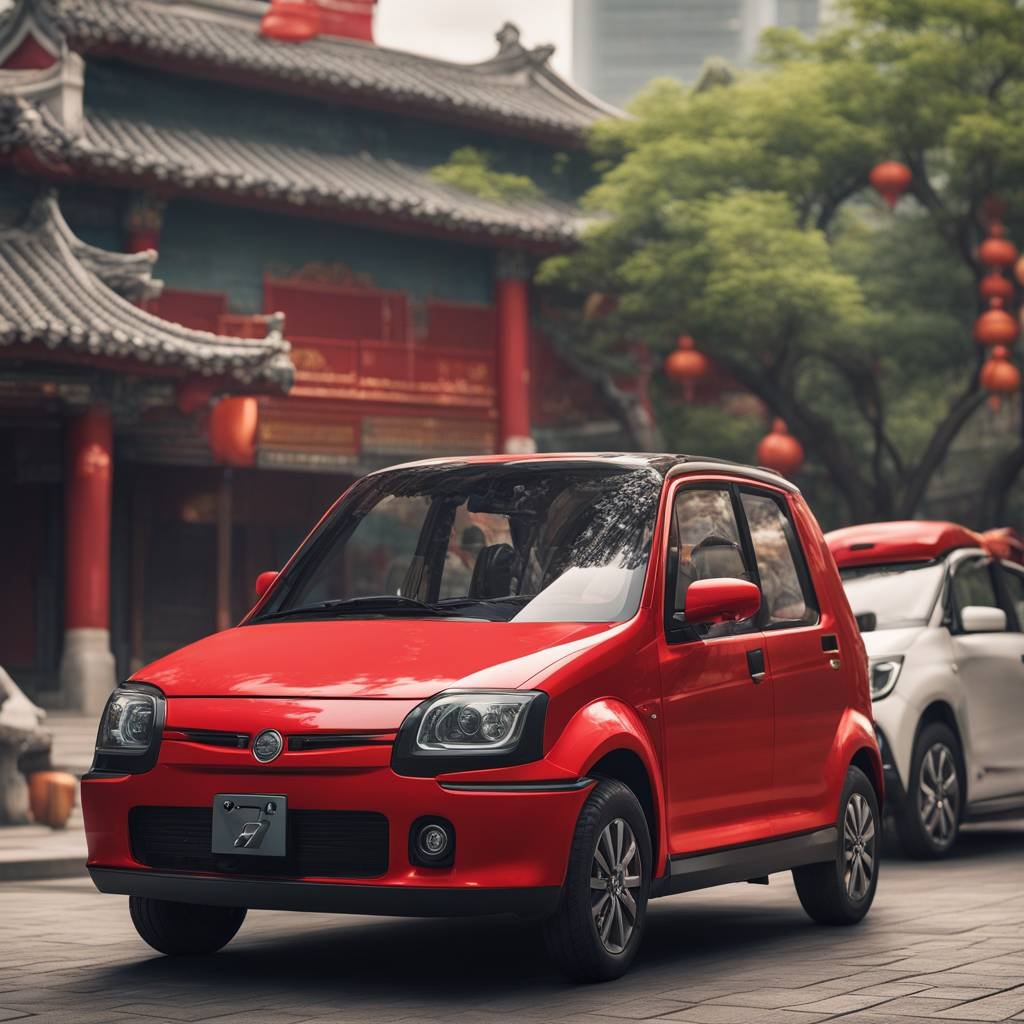Summary
– National Road Safety Authority launched a campaign against speeding and its impact on road accidents
– Chinese electric cars have superior power and acceleration compared to gasoline cars
– Tesla models have set a new standard for acceleration, with even basic models outperforming sports cars
– The lower prices of high-performance electric cars have made them more accessible to a wider audience
– Electric cars require a different driving approach due to their instant acceleration and weight differences compared to gasoline cars.
Article
In the recent campaign launched by the National Road Safety Authority against speeding, the focus is on the impact of rapid accelerations in electric cars on road accident outcomes. Chinese electric cars have been noted for their powerful acceleration capabilities, competing with the likes of Tesla. Tesla, known for its performance and plaid versions, has set a new standard for acceleration in electric cars, with some models achieving 0 to 100 km/h in just a few seconds. This has sparked a competition among Chinese manufacturers to emulate Tesla’s success in the acceleration race.
Traditionally, cars with such high accelerations were limited to expensive sports cars like Ferrari and Porsche. However, Tesla has managed to make high-performance acceleration more accessible with models like the Model 3 Performance, which offers impressive acceleration at a lower price point. This has led to a shift in the market, with more consumers being able to experience the thrill of fast acceleration in electric cars. The competition among manufacturers to produce faster electric cars has pushed the boundaries of what was once reserved for luxury sports cars.
With the accessibility of high-performance electric cars increasing, concerns have been raised about the safety implications of such powerful acceleration. Advanced driving instructors emphasize the importance of proper training and understanding the behavior of electric cars, which have different acceleration characteristics compared to gasoline cars. The demand for high-performance electric cars has created a new market of drivers who may not be prepared for the speed and power these vehicles offer, leading to potential safety risks on the road.
In response to the growing popularity of high-performance electric cars, importers like MG have introduced advanced driving courses for customers purchasing powerful models. These courses aim to familiarize drivers with the behavior of their new cars and ensure they are properly trained to handle the acceleration and power of these vehicles. As the market for high-performance electric cars continues to expand, there is a need for more education and training to ensure the safety of drivers and other road users.
The issue of performance in electric cars is not unique to Israel, as similar concerns have arisen in Europe where high-performance electric cars are also becoming more common. The emphasis on training and education for drivers of powerful electric cars highlights the need for a proactive approach from authorities to address the safety implications of these vehicles. As the market for high-performance electric cars grows, it is essential for regulators to keep pace with technological advancements to ensure road safety is not compromised.
Ultimately, the evolution of electric cars and their impressive acceleration capabilities present both exciting opportunities and new challenges for the automotive industry and road safety authorities. The competition among manufacturers to produce faster and more powerful electric cars is driving innovation in the industry, but also raising concerns about the safety implications of these advancements. As more drivers experience the thrill of high-performance electric cars, there is a growing need for education, training, and regulation to ensure the safe integration of these vehicles on the roads.
Read the full article here



